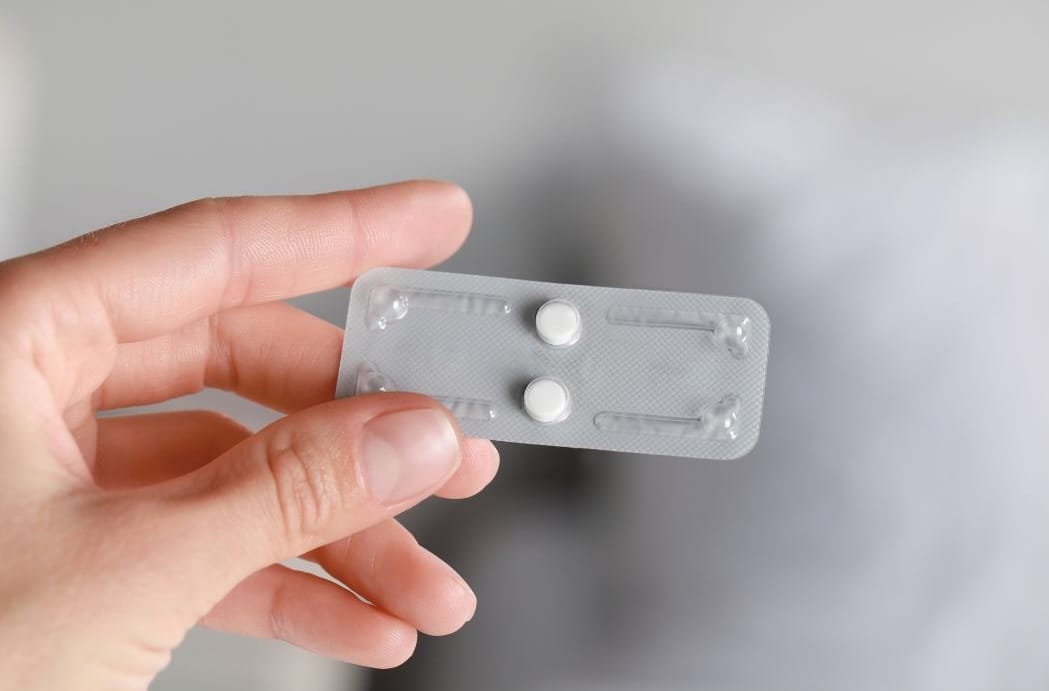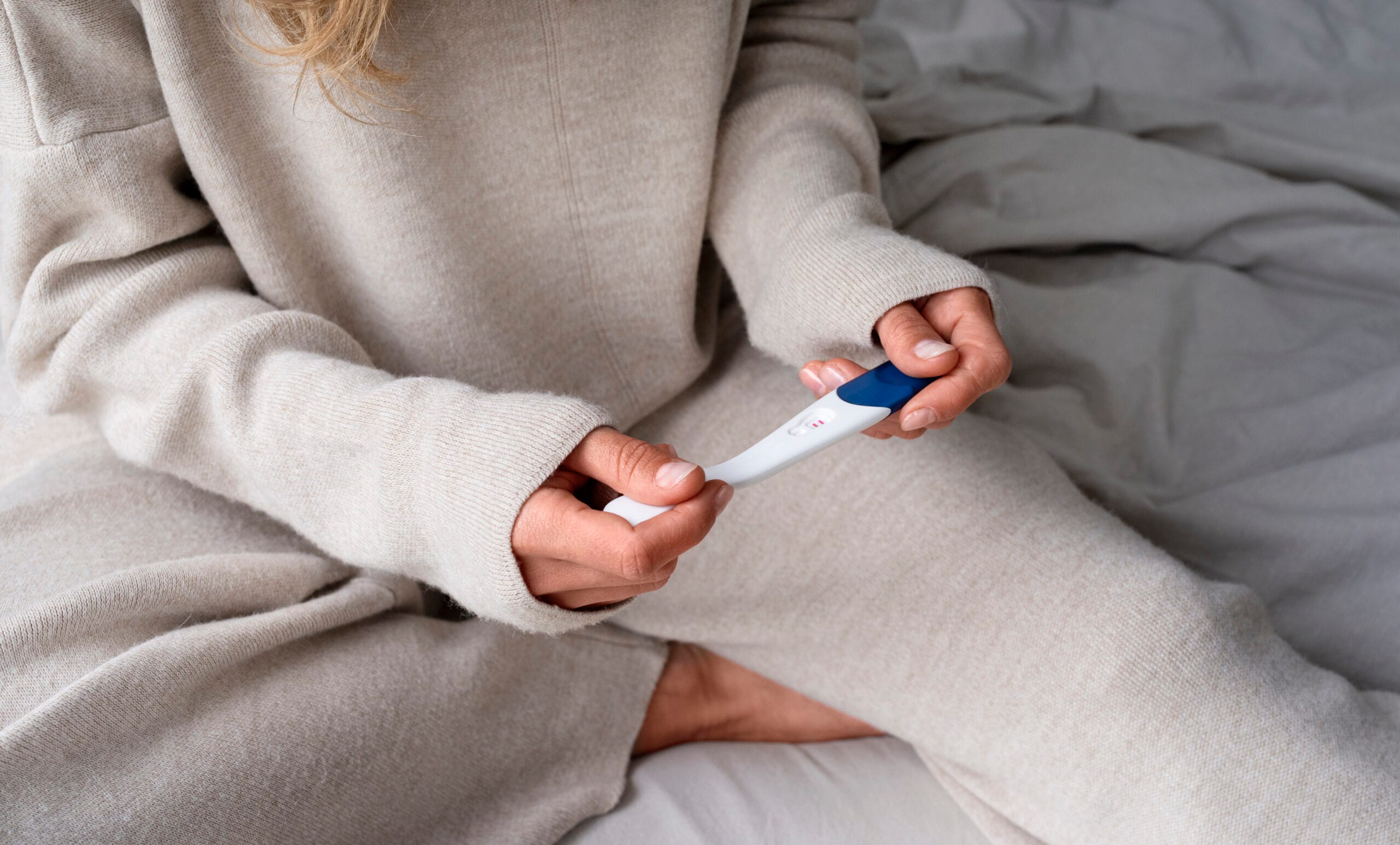Unprotected sex can leave you feeling anxious and uncertain, especially when it comes to the risk of pregnancy or sexually transmitted infections (STIs). It’s natural to be concerned, but remember that there are steps you can take to manage the situation effectively.
Whether you’re worried about unintended pregnancy or want to protect your long-term sexual health, acting promptly can make all the difference. This article will guide you through what to do after unprotected sex, helping you take control of the situation and safeguard your health.
Emergency Contraception

Emergency contraception is an effective way to prevent pregnancy, but it’s best to act quickly. There are two main types of emergency contraception: the morning-after pill and the copper IUD.
The morning-after pill comes in two forms: levonorgestrel and ulipristal acetate.
Levonorgestrel is most effective within 72 hours of unprotected sex, while ulipristal acetate can be taken up to five days afterwards.
Both pills work by delaying ovulation, preventing the release of an egg, which means no fertilisation can occur. The copper IUD is another option, which can be inserted up to five days afterwards and prevents sperm from fertilising an egg. It’s also the most effective method of emergency contraception, providing long-term protection if you choose to leave it in place.
You can obtain emergency contraception from pharmacies, family planning clinics, and some sexual health clinics. It’s worth noting that the morning-after pill can cause side effects such as nausea or fatigue, but these usually pass quickly. If you have concerns after taking emergency contraception, it’s always a good idea to follow up with a healthcare professional.
STI Testing

After something like this, it’s essential to consider the possibility of sexually transmitted infections (STIs), even if you aren’t experiencing any symptoms. Many STIs, such as chlamydia and gonorrhoea, can be asymptomatic, meaning you won’t notice any signs right away. That’s why getting tested is essential, as early detection can prevent complications and stop the spread to others.
The timing of your test depends on the STI in question. For example, chlamydia and gonorrhoea can be detected as soon as 1-2 weeks after exposure, whereas HIV and syphilis may take longer to show up in tests, typically around 4-6 weeks. Even if your first test returns negative, you may need to retest after a few weeks to be certain.
You can get tested at your GP, sexual health clinics, or by using home testing kits, which are increasingly available. Regular STI screening is required for maintaining sexual health, especially if you’re sexually active with multiple partners or in a new relationship. Early testing can help you manage your health and prevent long-term complications.
Monitor for Symptoms
Stay alert to any changes in your body that might indicate an STI. While many STIs can be asymptomatic, others may cause noticeable symptoms. Common signs to watch for include unusual discharge, itching, pain during urination, sores, or rashes in the genital area. If you notice any of these symptoms, it’s best to seek medical advice as soon as possible.
Even if you don’t have symptoms, remember that many STIs, like chlamydia, can still be present and cause long-term health issues if left untreated. Untreated STIs can lead to serious complications like infertility, pelvic inflammatory disease (PID), or even an increased risk of contracting HIV. Testing is the only reliable way to know whether you’ve contracted an infection. If you experience any unusual symptoms or are concerned about your sexual health, it’s better to be safe and get checked out.
Pregnancy Test

If pregnancy is a concern after unprotected sex, it’s essential to know when and how to take a pregnancy test. The best time to test is after a missed period, typically around two to three weeks after the unprotected encounter. Taking a test too early may give you inaccurate results, as it takes time for the pregnancy hormone (hCG) to build up in your body.
There are two main types of pregnancy tests: home tests and blood tests. Home tests are widely available, easy to use, and provide quick results. If your result is positive, visiting a healthcare provider for a follow-up blood test to confirm the pregnancy is recommended. Blood tests can detect pregnancy earlier than home tests and are more accurate.
If your test is positive, seek advice from a healthcare professional about your options. If the result is negative but your period still hasn’t arrived, it’s a good idea to retest after a few days or consult your doctor for further advice.
Plan for Future Prevention
To reduce the risk of future incidents, it’s advised to consider regular contraception methods. Options like condoms, contraceptive pills, IUDs, contraceptive patches, injections, implants, and vaginal rings can provide effective protection against both pregnancy and STIs. Condoms are the only form of contraception that protects against STIs.
It’s also essential to have open conversations with your partner about safe sex practices. Discussing contraception in advance can help avoid future situations where unprotected sex occurs; if you or your partner aren’t sure about the best method, a healthcare provider can offer advice on what suits your needs best.
Regular sexual health check-ups are another key part of prevention, especially for those in new relationships or with multiple partners. These check-ups can help catch potential health issues early and provide peace of mind.
If you’re looking for more information or support, family planning clinics and sexual health helplines can offer guidance on contraception, STI prevention, and sexual health.
Experiencing this situation can be worrying, but taking the right steps promptly can help you manage the situation and protect your health. Whether it’s using emergency contraception, getting tested for STIs, or monitoring your body for any symptoms, acting quickly is key. Remember, pregnancy tests and regular sexual health check-ups can provide further reassurance and help prevent future risks.
By planning and considering reliable contraception methods, you can reduce the chances of it happening again. If you’re unsure where to start, contact your local sexual health clinic today. Don’t hesitate to seek support if you need it—there are many resources available to help you make informed choices about your sexual health.


